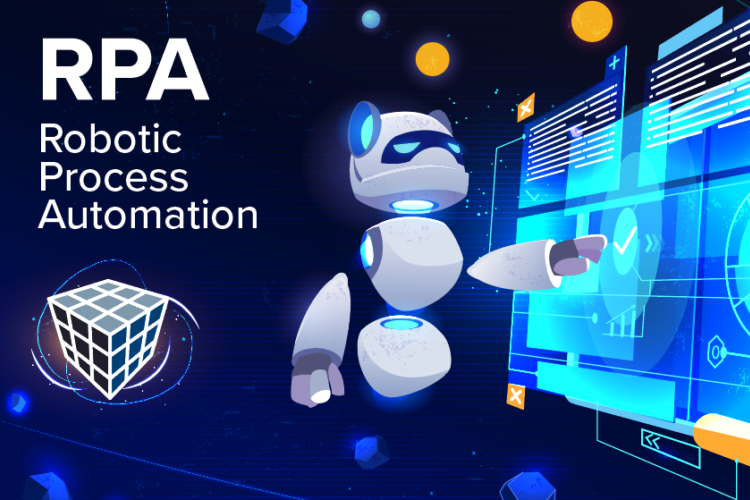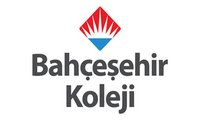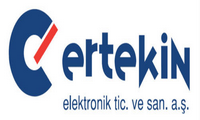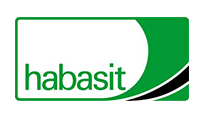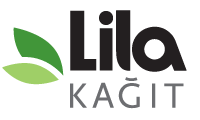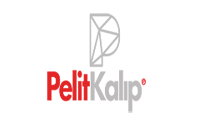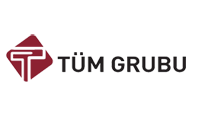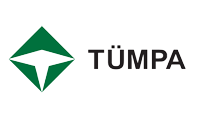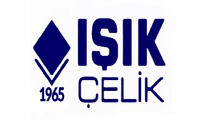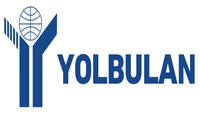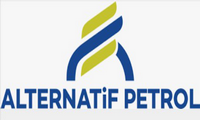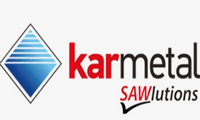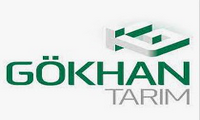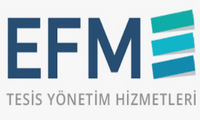Robotic Process Automation
RPA (Robotic Process Automation) alleviates the burden on employees, saving time and accelerating business processes, thereby increasing the efficiency of enterprises.
What is RPA?
There are certainly repetitive tasks among your daily duties. Collecting data at a specific date or time, compiling this data to reach certain results, reporting these results, and forwarding them to relevant people, including your managers. All of these are monotonous but necessary routines of the white-collar business world.
However, the places where the data is stored and new data is added, such as application databases and files, are specified. With a small automation step, this data can be collected, compared, analyzed, and formatted into desired reports, which can then be automatically sent to relevant people via email or other methods. All these processes have their own standards. In other words, they can be managed by a software robot without the need for human intervention. This is where RPA comes in, and it carries out these repetitive processes on your behalf by adapting them to your processes.
How Does RPA Work?
How do software robots activated by RPA work? The short answer: “Like a human!”. Just like a company employee, it accesses relevant systems, applications, and data at specified times; just like an employee, it creates various reports from this data and directs them to relevant people or systems.
From a technical perspective, the institution you receive RPA services from develops a robot suitable for you at the beginning of the process. This robot takes over tasks in full harmony with your existing workflows without requiring you to make any changes, ensuring the completion of routine, repetitive processes. It can operate independently of working hours. For instance, due to regulations, the previous day’s data may need to be collected and evaluated at 00:05 at night. The robot starts collecting data precisely at that minute and generates the specified outputs. It does this without needing a coffee or meal break. After completing all tasks, it waits for the next day’s duties. When your personnel and managers start their work in the morning, the relevant reports are already prepared and displayed on their screens.
RPA Use Cases
Just as we have routines in our daily lives like buying bread from the bakery or milk from the market, there are similar steps in the business world. This could be the mandatory daily reporting of product sales figures to the regulatory body or managers reviewing standard reports for assessment purposes.
The crucial factor for RPA’s applicability is not which sector a job belongs to but whether the job involves regularly repeating processes. For accounting, this could be daily reconciliations; for human resources, it could be tracking employee clock-in and clock-out times; or for a retail chain, it could be monitoring stock levels... RPA robots can be used in any field, regardless of the sector.
The business units benefiting from RPA include sales and marketing, customer service, legal, finance and accounting, human resources, information technology, and supply chain, among many others. Each unit can deploy RPA for dozens of different sub-tasks. Targeted RPA robots thus pave the way to maximum efficiency.

 English
English  Türkçe
Türkçe اَلْعَرَبِيَّةُ
اَلْعَرَبِيَّةُ